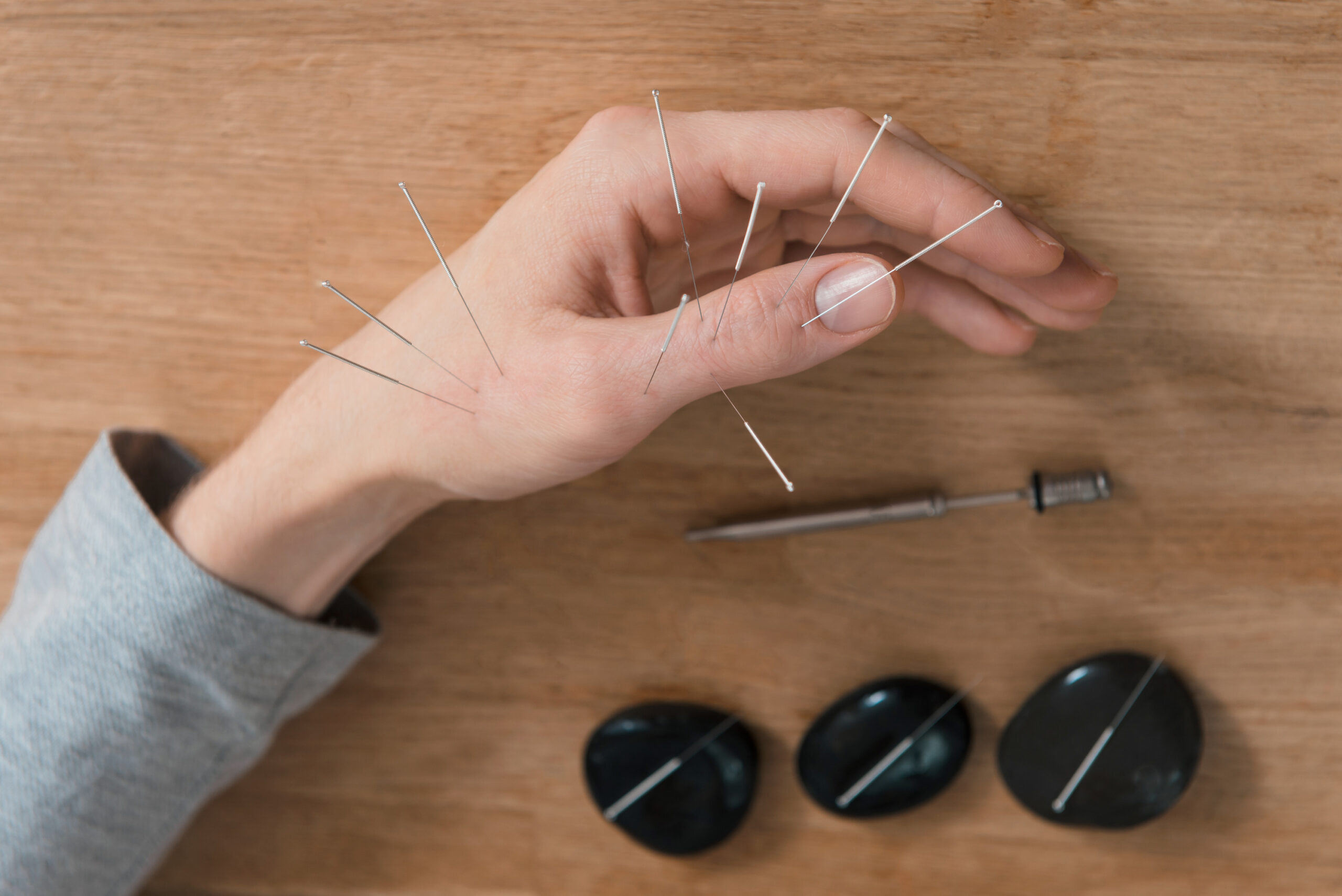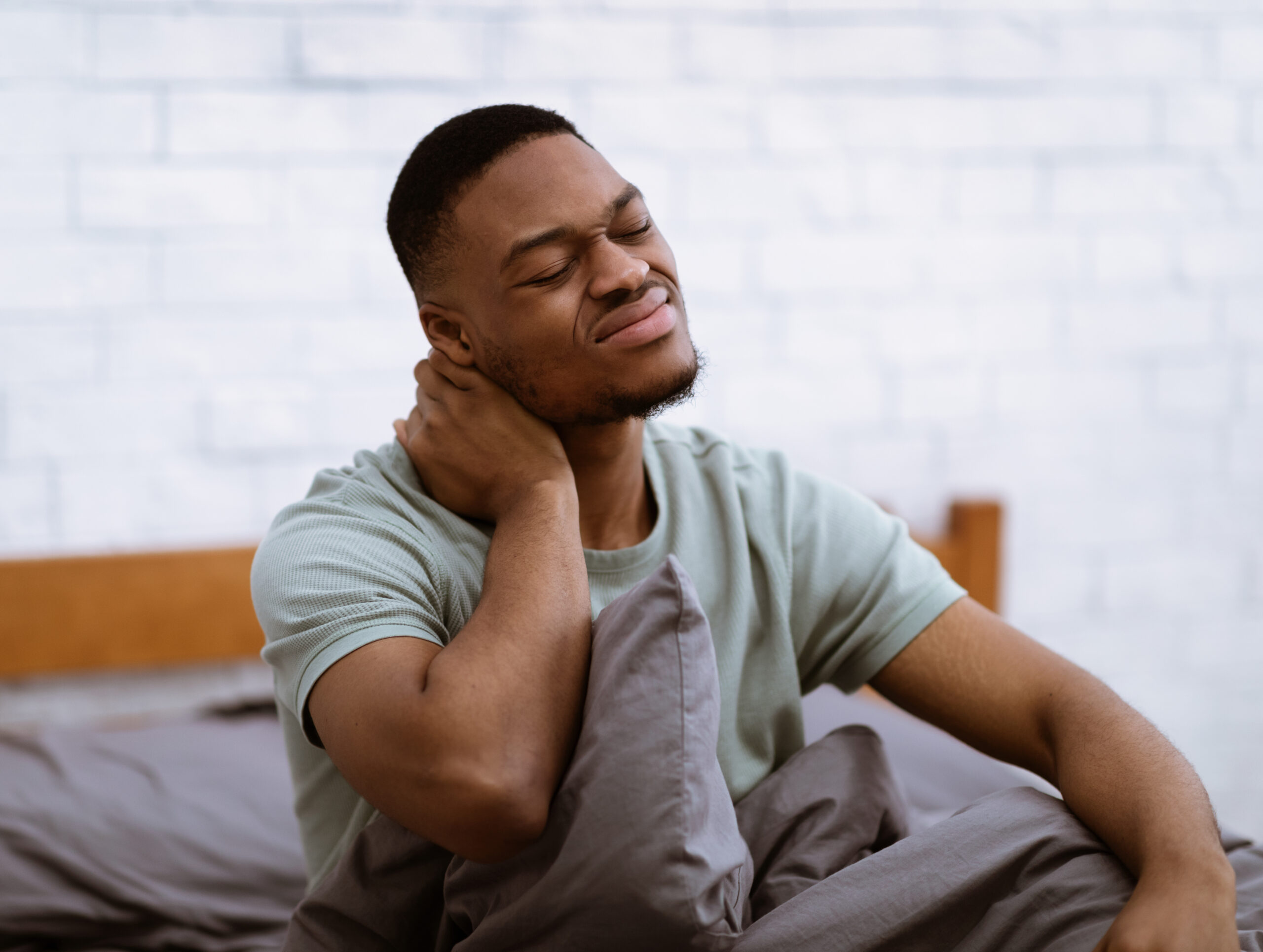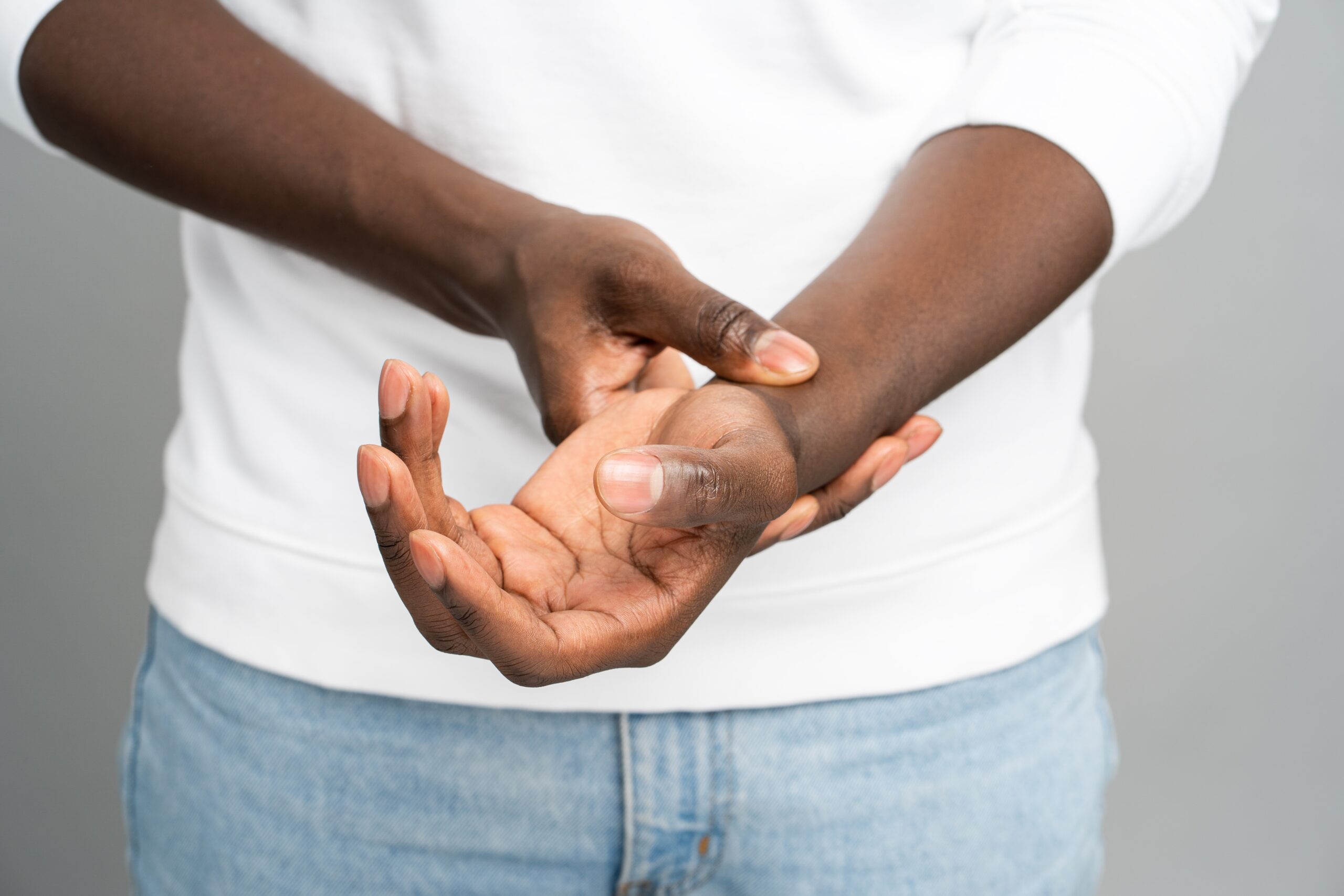Impact of Acupuncture on Mental Health

Did you know you can visit an acupuncture clinic in Brampton to treat depression or anxiety? Yes, acupuncture serves as a safe alternative to opioids for treating mental health issues. The procedure works by regulating the neurotransmitters already present in your body. Hence, it is natural and unlike medications doesn’t cause severe side effects. Not many people are aware of the impact of acupuncture on mental health. So, this blog is going to shed some light on how one can leverage this traditional Chinese medicine to treat a wide range of mental health symptoms.
What is Acupuncture?
Before we discuss its role in treating mental disorders, let’s understand what acupuncture is exactly.
Acupuncture is a procedure where solid, thin needles are inserted into specific parts of your body. The licensed acupuncturist identifies the exact trigger points within your muscles, which are usually responsible for your pain and discomfort. Then they insert the needles into those areas. This results in the stimulation of the natural healing hormones of your body, thereby boosting your own recovery process.
Read more: What is Acupuncture?
How does Acupuncture Affect Depression?
Depressive disorders constitute a constant feeling of sadness and disinterest in everything. Other symptoms include lack of enough sleep or too much sleeping, appetite changes, unexplained mood swings and more.
Acupuncture is based on traditional Chinese medicine, which believes energy flows throughout the human body. Illness, whether physical or mental, arises when this energy is blocked for any reason. So, acupuncturists focus on restoring the stable energy flow within your body and bringing you relief.
According to a study published in JAMA Psychiatry, veterans receiving true acupuncture (verum) experienced significant symptom reduction compared to those receiving sham acupuncture, indicating potential benefits for integrating acupuncture into PTSD treatment protocols (MedXpress).
Research from the University of California, Irvine (UCI) highlights how acupuncture can reshape the nervous system. Studies have shown changes in brain activity after acupuncture treatments, suggesting that it might function similarly to psychedelics in terms of altering neural pathways and promoting healing, particularly for chronic pain and fatigue conditions.
Similarly, a 2021 study published in the Annuals of General Psychiatry confirmed that acupuncture has been helpful in reducing anxiety in patients as compared to the ones who weren’t given this treatment.
What are the Benefits of Acupuncture on Mental Health?
Chronic pain and depression often go hand in hand.
As per an article published in Neural Plasticity, chronic pain is one of the critical factors for identifying depression. The coexistence of both tends to make both conditions more severe. So, let’s check the different ways acupuncture reduces pain and depression.
Regulation of neurotransmitters
The neurotransmitters in our body are responsible for the way we feel. As per research, acupuncture helps regulate the chemical messengers such as dopamine, norepinephrine and serotonin.
Better sleep quality
The lack of proper sleep often causes mental stress. Acupuncture, on the contrary, promotes the production of a hormone that regulates sleep cycles. Hence, regular sessions improve sleep quality, thereby restoring the balance between your brain and body.
No stress and anxiety
Acupuncture is known to reduce cortisol levels which is also the stress hormone. More so, the procedure activates the parasympathetic nervous system and increases the production of endorphins (happy hormones). Eventually, you feel relaxed and stronger to deal with stress.
Wrapping Up, Mental health conditions such as depression can put life to a standstill. It is possible to beat all odds and restore stable mental health through acupuncture. People usually resort to therapy, medication or both to take care of anxiety, stress or depression. However, 19% to 34% of patients do not improve with these treatments alone. About 35% of patients may show recurring symptoms despite ongoing treatment. Thus, therapists suggest acupuncture as an additional treatment along with other options to increase the efficacy of recovery.
Blog Categories
- Acupuncture Treatment (10)
- Ankle Sprain (1)
- Arthritis Treatment (1)
- Back Pain (23)
- carpal tunnel (2)
- Chiropractic Care (39)
- Tennis Elbow (1)
- Chronic Pain (7)
- COVID-19 (1)
- Custom Orthotics (6)
- Dizziness (4)
- Exercises (13)
- Foot Orthotics (6)
- Hamstring Stretches (2)
- Info Articles (3)
- Kids Injury (1)
- Laser Therapy (4)
- Massage Therapy (21)
- Neck Pain (17)
- Orthopedic (1)
- Osteoarthritis (5)
- Osteopathy (3)
- Pain Management (21)
- Physiotherapy Benefits (44)
- Physiotherapy Clinic (6)
- Physiotherapy Exercises (12)
- Physiotherapy Tips (25)
- Physiotherapy Treatment (101)
- Rotator Cuff (2)
- Shin Splints (1)
- Shoulder (2)
- Spine (4)
- Sports Physiotherapy (2)
- Uncategorized (1)
- Vestibular Physiotherapy (2)
- Work From Home (2)


